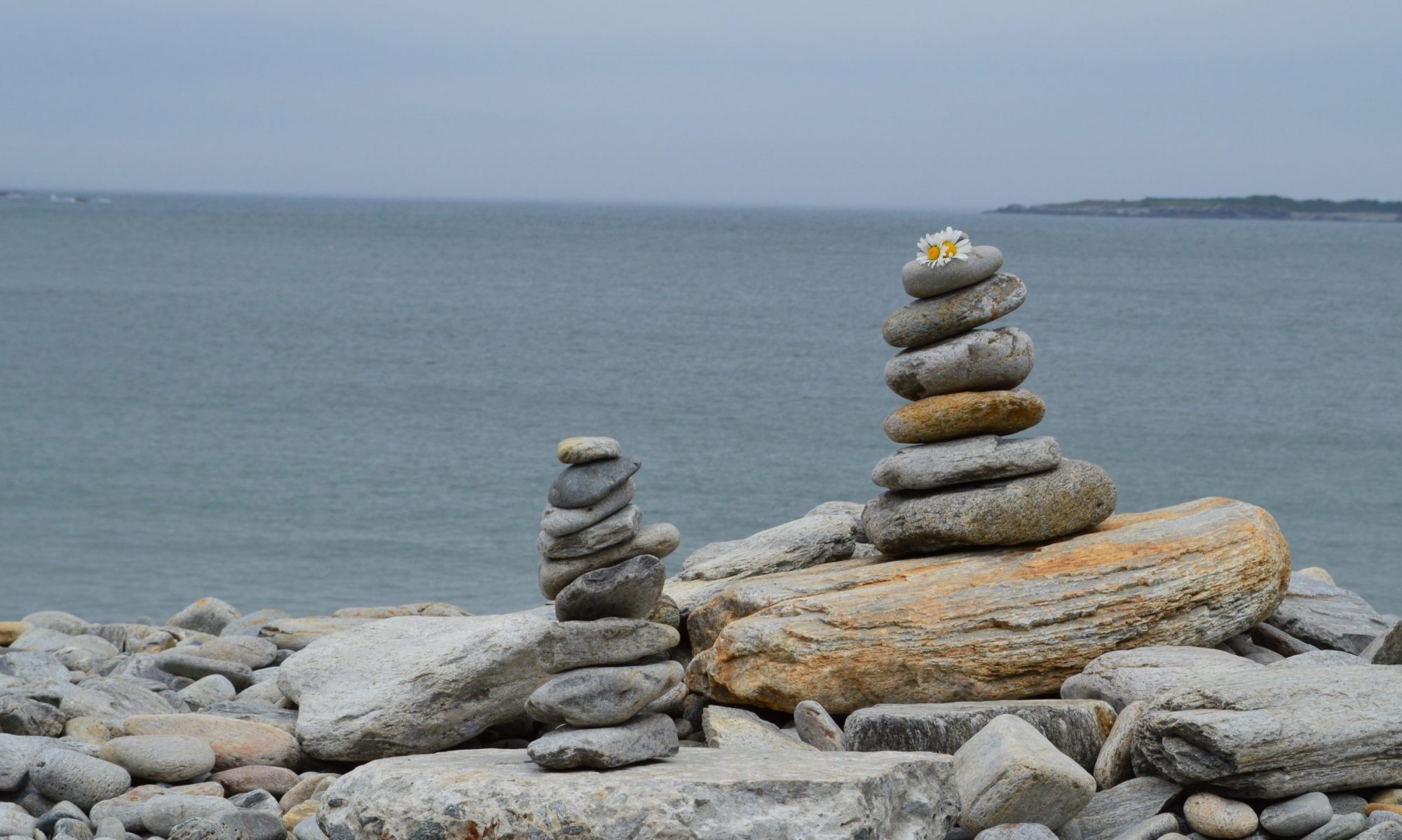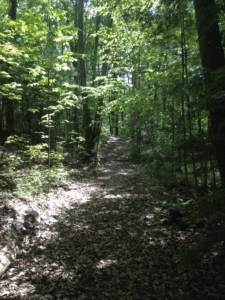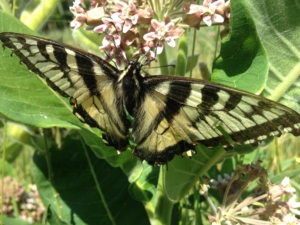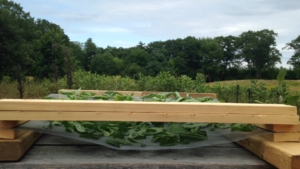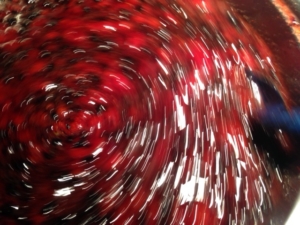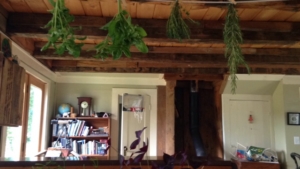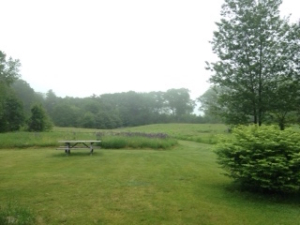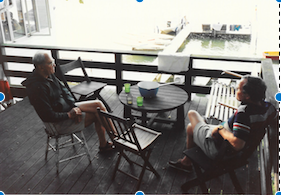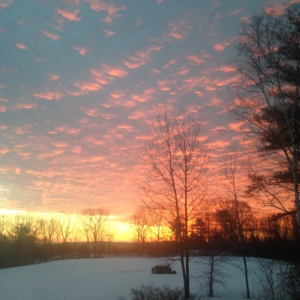Yesterday afternoon, I sat in class* for three hours. We talked about stillness, meditation, and prayer. My energy rose and fell as the conversation ebbed and flowed. I was introspective, drawn inward rather than outward by the conversation, but I was also restless. Across the circle, a friend caught my eye and I realized that I had been fidgeting anxiously with my feet, almost driven to distraction. An hour later, we emerged from the womb of that basement classroom full of other souls following their own journeys of the heart. Leaving, like birthing, felt unsettling. In our three hours together, we had fallen deeply into being there in that birthing space together. Taking leave of it, I was acutely aware of again entering the unknown of the wide world.
Crossing the road to get to my car, I noticed how fast the passing cars were going. The mist made the air heavy and dim: it seemed too early to be dusk. It was too loud, too fast and too dark for me to absorb. And then I heard the news, a massive earthquake in Mexico, not far from where my son is going to school. My trembling heart echoed the trembling earth. I remembered how fluid and unpredictable this life is. How can there be time or space for rest and stillness? The sand is always shifting beneath our feet!
After the momentary panic of awareness, I realized the implicit nexus of our conversation about stillness, prayer and meditation. Those practices percolate from deep within us and, more importantly for me, from a space beyond knowing/thought. Practicing them with intention prepares us to respond from a well that is deeper than our own experiences. Drawing from beyond time, space and body, there is abundant strength, courage and love to give and release. Stillness, meditation and prayer nourish us from a well that is always available – the limitless expanse where love, spirit, mystery, god, goddess, allah, divine, etc…resides. From this deep well of constancy, we may be better able to receive and release life’s comings and goings with grace and loving kindness.
I wrote the following as an opening invitation for next week’s class:
Come in, friends. There is a storm outside.
The earth will not stop trembling while we pause, but we will find stillness here. In this room, we are held and nourished, stimulated and refreshed. We need only glance around this circle to witness the light of divine love — or close our eyes and feel its tender warmth.
In this room, our flame may flicker in the wind and then grow brighter. We may doubt and then feel our resolve grow stronger. Our love may wiggle and waver, but we trust that it will persist. The sacred womb of this room prepares each of us to boldly carry that love like a torch into the night. And we find that they are one and the same together, the womb that holds us and the one that wells up from a knowing deep within each of us.
In a lifetime during which nothing lasts and the ground will always move beneath our feet, take refuge here. We are both holding and always held. Be still. Welcome.

*I have just begun a 2-year interfaith ministry program with the Chaplaincy Institute of Maine (ChIME). During this exploration of heart, mind ,and spirit, the frist year focuses on Contemplation while the second year is about Action. I am pleased to be on this path, eager for the work, and I look forward to sharing periodic reflections at this blog.
